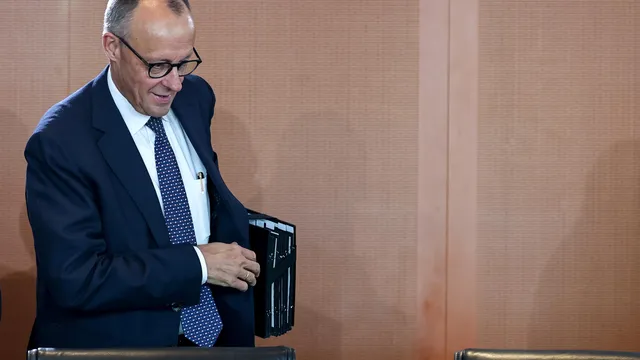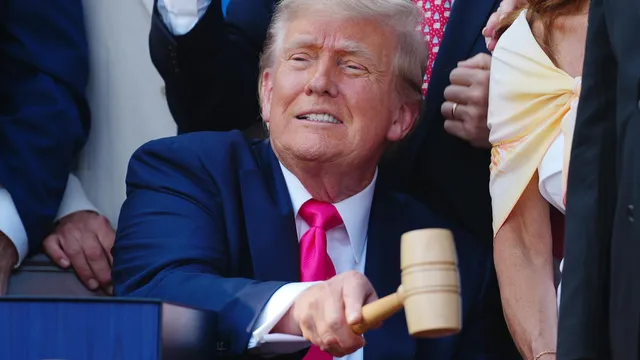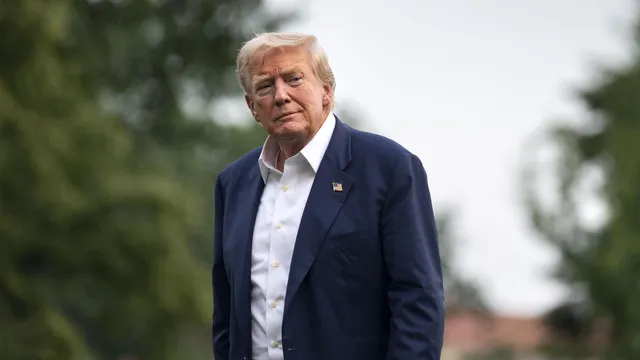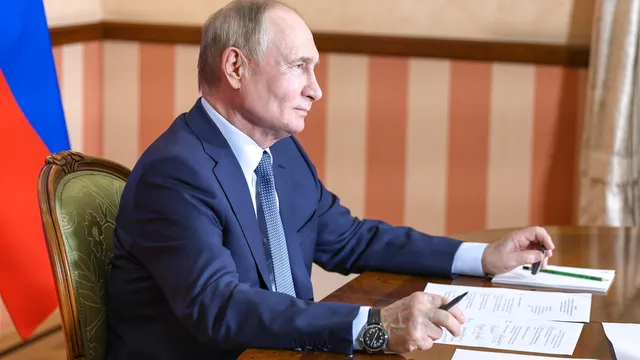German Chancellor Friedrich Merz has undertaken sweeping changes in security, economic, and migration policy during his first 100 days in office, but serious cracks are already emerging within the governing coalition.
On election night in February, an elated Merz promised to bring a bit of “rambo zambo” to the role – a slang expression that can mean both a wild, joyful ride and chaos. At 69, having fulfilled his ambition to lead Europe’s largest economy, he immediately set about pushing reforms, mostly in response to turbulence triggered by U.S. President Donald Trump.
“Germany is back,” Merz declared, pledging to revive the economy, the military, and Berlin’s international standing after what he called “three lackluster years” under center-left Chancellor Olaf Scholz. Even before officially taking office, the Christian Democrats (CDU/CSU) and Scholz’s Social Democrats (SPD) loosened debt rules and unlocked hundreds of billions of euros for the armed forces and crumbling infrastructure.
Merz vowed to build “Europe’s largest conventional army” in the face of a hostile Russia and to maintain strong support for Ukraine in step with Paris and London. His promise to increase NATO defense spending won him favor with Trump, who warmly welcomed him to the White House in June – just weeks after a tense meeting with Ukrainian President Volodymyr Zelensky.
When Israel bombed Iranian targets, Merz – known for his sharp and often provocative remarks – praised it for doing the “dirty work.” However, last Friday, he took the bold step of freezing arms exports to Israel over its Gaza campaign.
On the domestic front, Merz has sharply tightened policy toward irregular migration – a marked departure from the more centrist approach of his long-time party rival Angela Merkel. He says he must address voter concerns over immigration to stem the rise of the far-right Alternative for Germany (AfD), which won a record 20% in February.
His strong focus on international affairs has earned him the nickname “foreign policy chancellor.” But at home, tensions are rising – the SPD feels overshadowed or sidelined. For many in the party, Merz’s right-wing stances are hard to swallow in a marriage of convenience forged after their disastrous election result of just 16%.
Merz has also failed to win broad public favor – his personal approval rating has dropped by 10 points to just 32%, according to the latest ARD poll.
The first signs of strain appeared as early as his inauguration on May 6, when rebel MPs voted against him in the first round of a secret ballot. Although confirmed in the second round, the incident exposed simmering discontent within the left-right coalition.
Many oppose his hard line on immigration, his plans to cut welfare benefits, and his limited engagement with climate policy. Merz provoked outrage by refusing to allow the LGBTQ rainbow flag to be flown over the parliament building, saying the Reichstag “is not a circus tent.”
The coalition’s most serious crisis came last month over what should have been a routine procedure – the appointment of three new judges to the Supreme Court. A right-wing media campaign targeted SPD nominee Frauke Brosius-Gersdorf, labeling her a “left-wing activist” for her positions on abortion and other issues. The CDU/CSU withdrew support and postponed the vote, sparking SPD anger. The dispute dragged on until Brosius-Gersdorf withdrew her candidacy.
Additional tension arose when the CDU’s Bavarian sister party demanded drastic cuts to social benefits for Ukrainian refugees – a position the SPD firmly rejects.
Vice Chancellor Lars Klingbeil warned conservatives to refrain from further provocations, telling Welt: “There are already far too many arguments in this government.” Both partners know that open conflict alienates voters – as happened under Scholz’s previous three-party coalition – and plays into the hands of the AfD, their common political rival.
For now, Merz and most politicians are on summer recess, leaving unresolved issues to smolder. According to Wolfgang Schroeder of Kassel University, the chancellor thinks in “big-picture” terms and isn’t concerned with “the fine print.” But, he noted, the government’s biggest crises so far – from the judge dispute to Ukrainian refugees – have in fact been all about “the fine print.” | BGNES

 Breaking news
Breaking news
 Europe
Europe
 Bulgaria
Bulgaria







